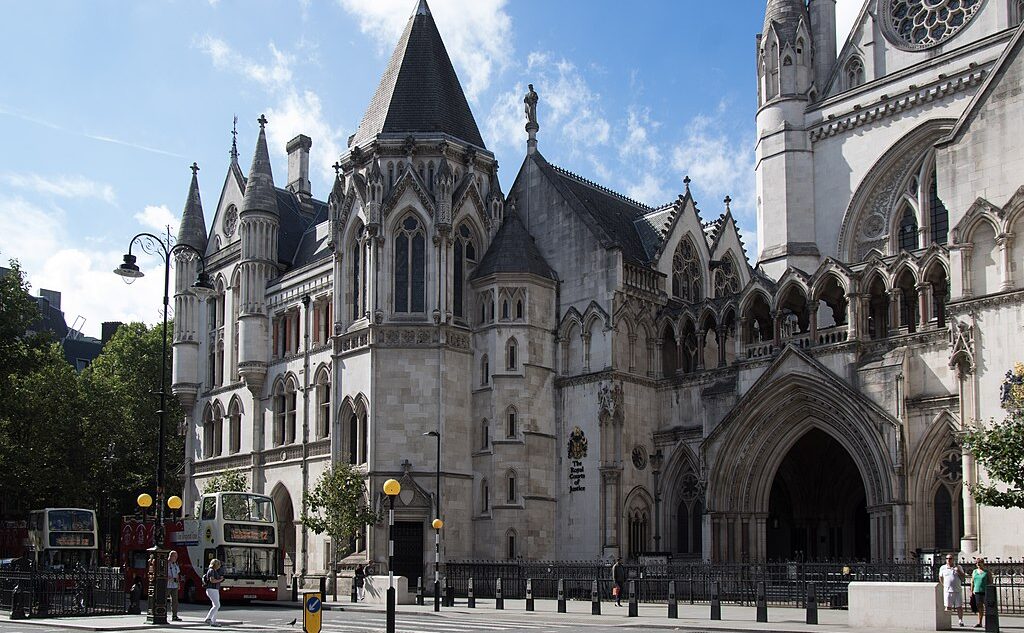High court hears police insist legal privilege cannot block searches of solicitor’s phone
The High Court has heard that legal professional privilege (LPP) cannot serve as a “cast iron defence” to prevent police from searching a solicitor’s mobile phone, in a case arising from a terrorism stop at Holyhead port.
Fahad Ansari, a solicitor currently with London firm Duncan Lewis Solicitors, is challenging the decision of North Wales Police to seize and examine his work phone. Ansari, who has represented clients connected to politically sensitive causes, was detained under Schedule 7 of the Terrorism Act 2000 in August while returning from a family holiday in Ireland.
Police officers seized the solicitor’s mobile device and indicated their intention to download, copy, and review its contents. Ansari has launched judicial review proceedings, arguing that the phone contains extensive confidential material protected by legal professional privilege and that it would be unlawful and impracticable to conduct any form of sift.
In written submissions to the court, Hugh Southey KC, representing Ansari, said the lack of specific legal safeguards for reviewing privileged material was incompatible with the right to respect for private life under Article 8(2) of the European Convention on Human Rights.
“It is essential to have clear, detailed rules on a sift engaging privileged material,” Southey argued. “The lack of procedural guarantees relating concretely to the protection of legal professional privilege falls short of the requirements flowing from the criterion that the interference must be in accordance with the law.”
He warned that, without interim relief, “there is a real risk that sensitive, confidential and legally privileged material will be processed and passed on to the defendants.”
Appearing before Mr Justice Chamberlain, Southey said police had proposed using “search terms” to review the contents of the phone, which held 15 years’ worth of professional data, including “significant communications with past, current and proposed clients”.
Embed from Getty Images
He said the claimant sought disclosure of those search terms to ensure the process could properly protect privileged material. The argument was that police had failed to engage meaningfully in any process for reviewing the contents of the device.
Counsel for North Wales Police, Georgina Wolfe, rejected the suggestion that officers were attempting to access privileged communications. She told the court that “extensive and considered steps” were being taken to ensure that any legally privileged information remained protected.
“It has been wrongly suggested that the police have targeted legally privileged material on Mr Ansari’s device,” she said. “There has been no such targeting. On the contrary, extensive and considered steps are being taken to protect properly legally privileged material.”
Wolfe added that the claimant’s position, if accepted, would effectively allow any solicitor to avoid scrutiny of their devices, even when lawfully seized under anti-terrorism powers. “What cannot be right is for any solicitor to have a cast-iron defence to protect their electronic device from ever being searched, which is the effect of the claimant’s argument,” she told the court.
In response, Southey said the claimant’s case did not assert absolute protection from search but instead challenged the adequacy of the police’s existing safeguards. “Our submission is simply that the protocol in place is insufficient to protect legal professional privilege,” he said.
The proceedings, which concern both the legality of the search and the adequacy of safeguards around privileged information, have now entered a closed session due to the sensitivity of the material involved.
The outcome of the case could have significant implications for how police conduct digital searches involving legally privileged data, particularly in matters concerning national security or terrorism powers. Legal commentators note that the court’s decision may help clarify the balance between investigative powers and the fundamental protections afforded by LPP.
A judgment is expected following further hearings.
